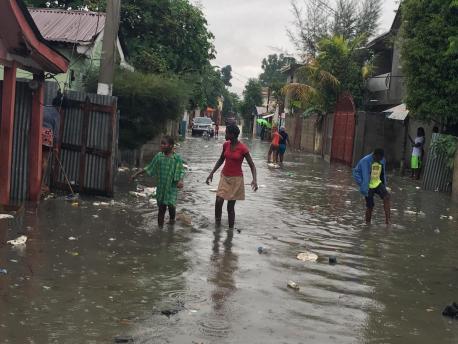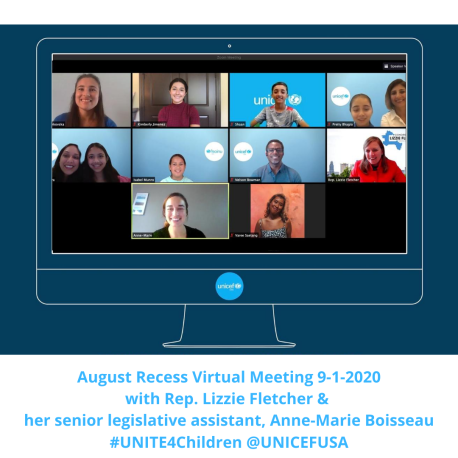
How to Give With Confidence in an Emergency
Even in a fast-moving emergency, it’s worth finding out whether your donation is going where it will do the most good.
When Hurricane Harvey devastated Texas, dumping over 50 inches of rain in some parts of the state and flooding an area larger than New Jersey, it left a trail of unprecedented destruction in its wake. Then Hurricane Irma ripped through the Caribbean, with Hurricane Jose and Hurricane Katia hard on its heels,and the strongest earthquake to hit Mexico in a century struck off the Pacific coast.
Local, national and international organizations have mobilized in the hardest hit areas, providing much-needed food, shelter and counseling. For children whose lives have been turned upside-down by this wave of natural disasters, much is needed: educational and recreational materials, so they can keep on being children; clothes, healthcare; counseling; a dry, safe space.
Talking with someone trained in emergency counseling — even having a hand to hold — can give children hope.
Something as basic as a packet of art supplies or a picture book can help children gain a sense of normalcy. And talking with someone trained in emergency counseling — even having a hand to hold — can give children hope.
It is critical that children in crisis get back to school this fall, so their educations won't be disrupted. Helping enable children to build their futures is not only good for children individually — it's also good for their communities.
It is critical that children in crisis get back to school this fall, so their educations won't be disrupted. Enabling children to build their futures is not only good for children individually — it's also good for their communities.
Above all, children need to know that the adults around them are working toward solutions and that their needs are important.
You can help! But do it carefully
The most effective way to help with the urgent work that needs to be done when a disaster strikes is to make a financial donation.
But it is important to give responsibly. The Justice Department's National Center for Disaster Fraud (NCDF), established after Hurricane Katrina, has issued a warning of charity fraud following Hurricane Harvey.
Where should you give? Even in a fast-moving emergency, it’s worth finding out whether your donation is going where it will do the most good.
In a disaster, choose the charity that will make the best use of your donation
Charity Navigator evaluates charities; it offers a list of organizations that respond to emergencies. The Federal Trade Commission provides advice on finding a charity and a checklist to help donors avoid fraud.
Before donating to an organization, ask these questions:
- Is the organization open about its finances and financial health, with easy access to annual reports, statements and forms?
- Does the charity spend money efficiently, mostly on programs that fulfill its stated mission — the work you care about?
- Are donations to the organization tax-deductible? You can check the Internal Revenue Service to find out.
For UNICEF USA, the answer to each of the questions above is: Yes.
Wherever you choose to donate, you will do your best for people in crisis by donating to a charity that provides aid efficiently and responsibly — and reflects your own values.
UNICEF USA helps children in emergencies while consistently receiving high ratings from Charity Navigator for transparency, accountability and administration. UNICEF USA also meets the Standards for Charity Accountability of the Better Business Bureau's Wise Giving Alliance. UNICEF USA's financial documents are readily available. UNICEF is in the top tier of nonprofit organizations nationwide; 90 percent of donations go directly toward the work of helping children. For Hurricane Harvey relief, that figure is 100 percent. To help UNICEF respond to emergencies across the globe, click here. To help children recovering from Hurricane Harvey, click here.
Photo at top: Children and women wade through a flooded street in Hinche, Haiti as Hurricane Irma approaches. © UNICEF/UN0119375/Daniel
HOW TO HELP
There are many ways to make a difference
War, famine, poverty, natural disasters — threats to the world's children keep coming. But UNICEF won't stop working to keep children healthy and safe.
UNICEF works in over 190 countries and territories — more places than any other children's organization. UNICEF has the world's largest humanitarian warehouse and, when disaster strikes, can get supplies almost anywhere within 72 hours. Constantly innovating, always advocating for a better world for children, UNICEF works to ensure that every child can grow up healthy, educated, protected and respected.
Would you like to help give all children the opportunity to reach their full potential? There are many ways to get involved.





